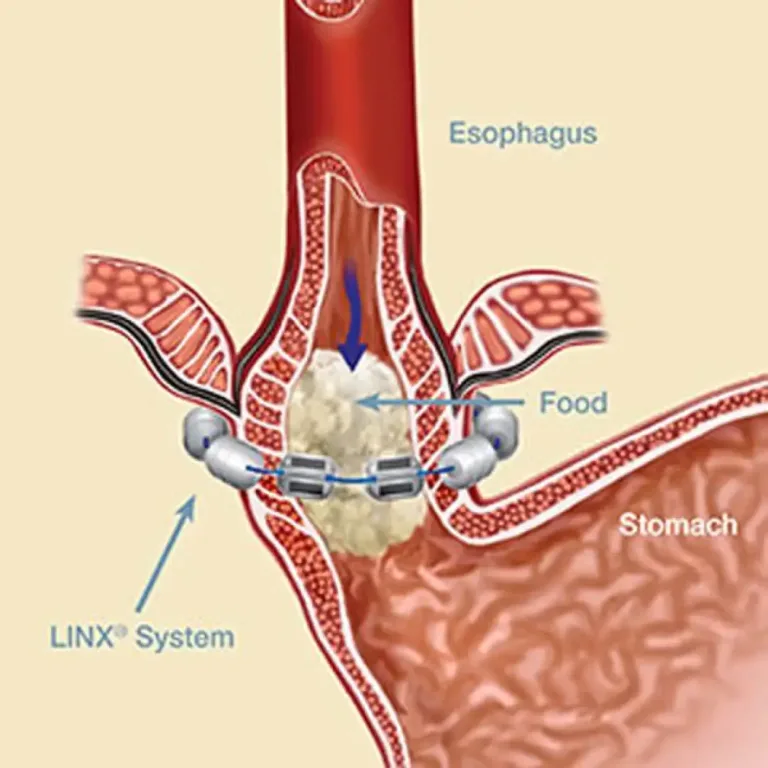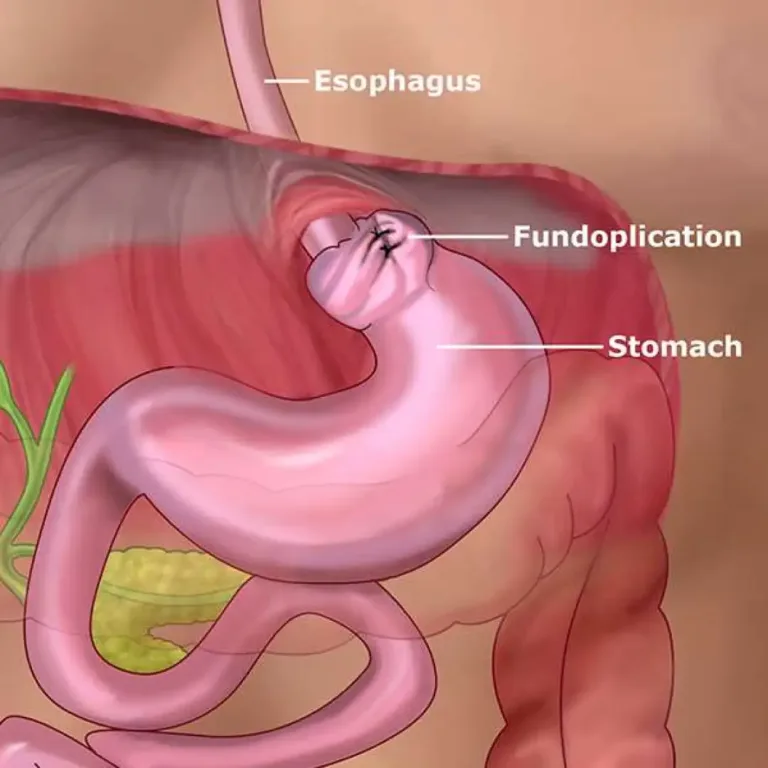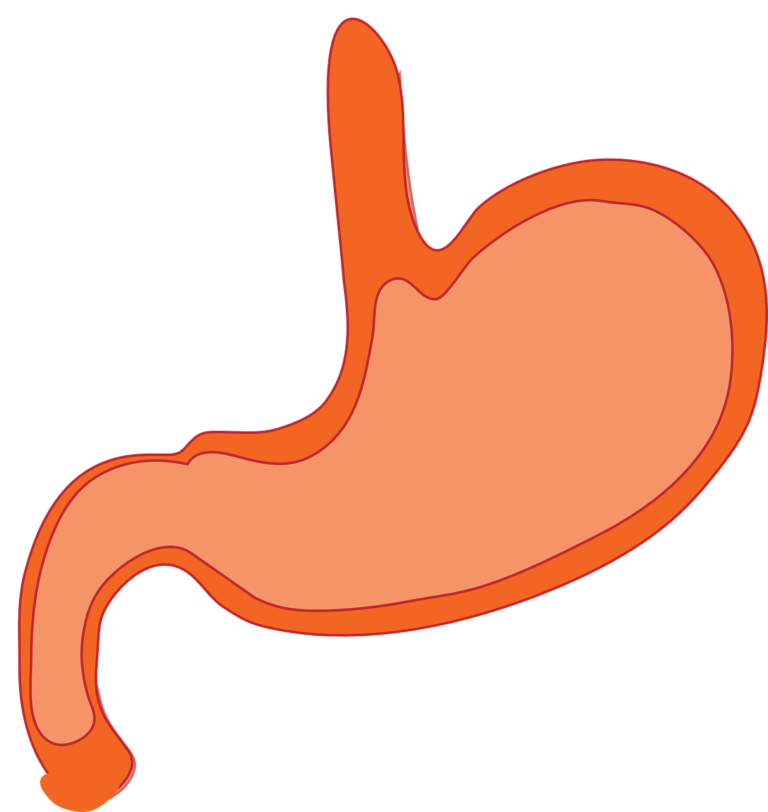Q: What is colon cancer?
A: Colon cancer, also known as colorectal cancer, is a type of cancer that develops in the colon or rectum. It typically starts as a small growth called a polyp and can spread to other parts of the body if left untreated.
Q: What are the symptoms of colon cancer?
A: Symptoms of colon cancer can include changes in bowel habits, rectal bleeding or blood in the stool, abdominal pain or discomfort, unexplained weight loss, and fatigue. However, many colon cancer patients may not experience symptoms in the early stages.
Q: How is colon cancer treated?
A: Treatment for colon cancer may depend on factors such as the stage and location of the cancer and the individual’s overall health. Treatment options may include surgery, chemotherapy, radiation therapy, targeted therapy, or immunotherapy.
Q: How can colon cancer be prevented?
A: Some ways to reduce the risk of colon cancer may include maintaining a healthy diet and weight, engaging in regular physical activity, avoiding tobacco and excessive alcohol consumption, and undergoing recommended screening tests.
Q: What are the stages of colon cancer?
A: Colon cancer is typically classified into four main stages based on how far the cancer has spread. Stage 1 colon cancer is confined to the inner layers of the colon, while Stage 4 colon cancer has spread to other parts of the body. Treatment and prognosis may depend on the stage of the cancer.
Q: What is the survival rate for colon cancer?
A: The survival rate for colon cancer may depend on factors such as the stage and location of cancer and the individual’s overall health. According to the American Cancer Society, the overall 5-year survival rate for people with colon cancer is around 65%. However, survival rates can vary widely depending on individual circumstances.





